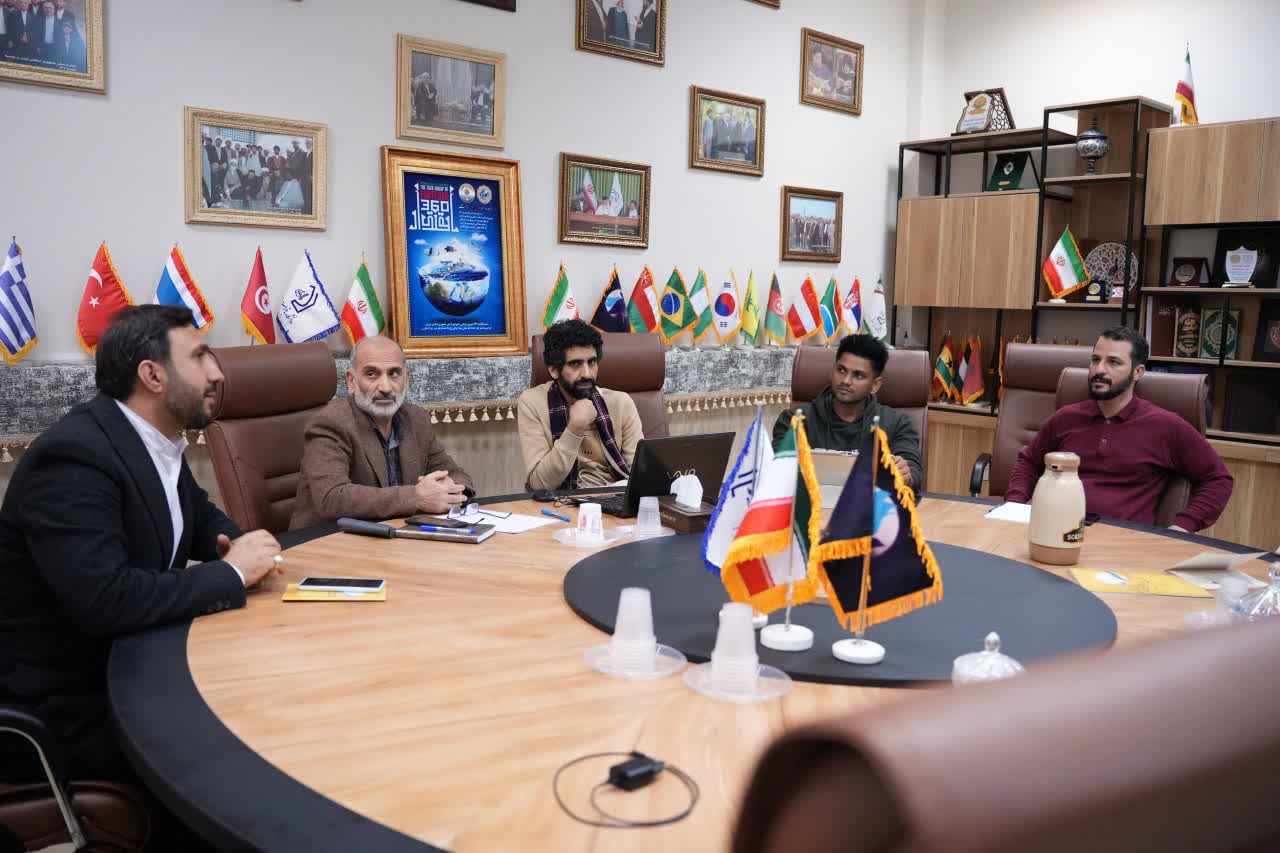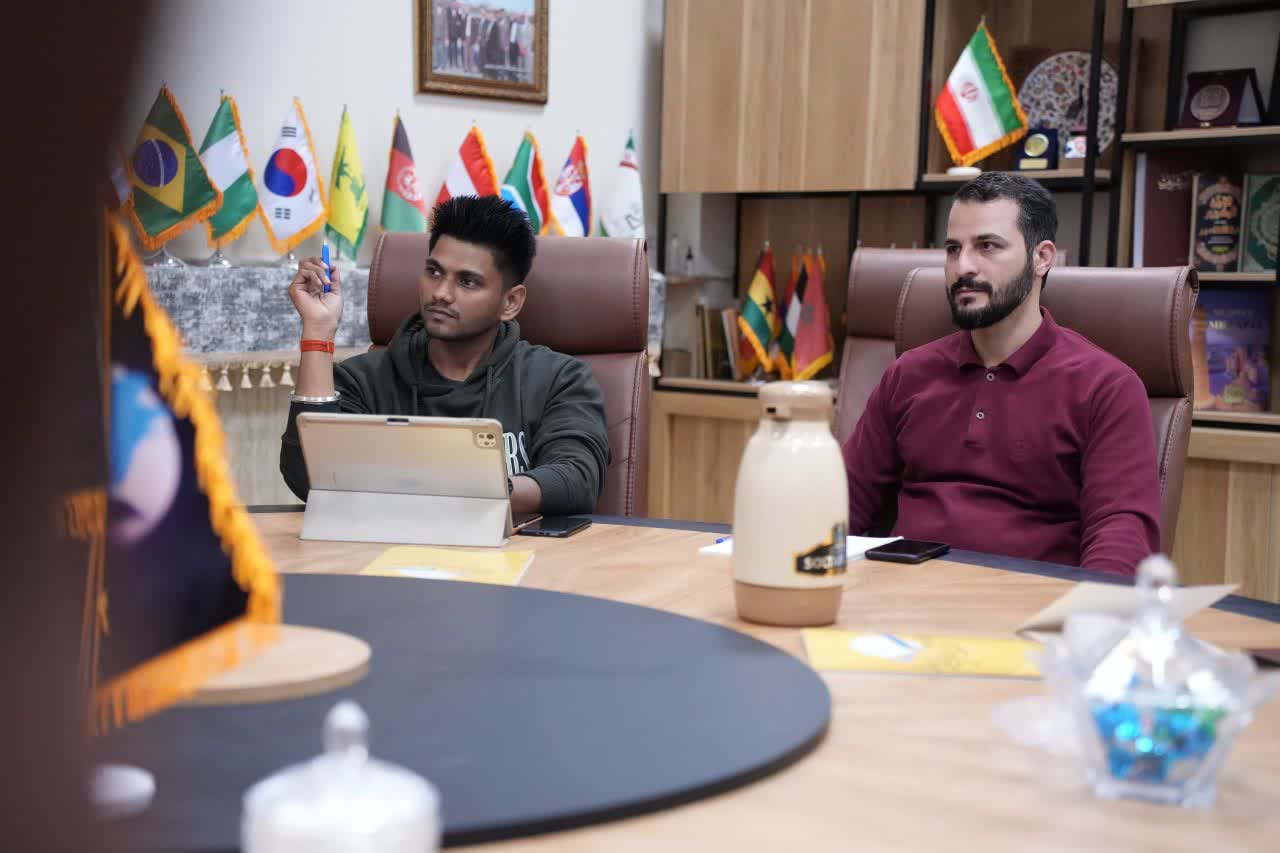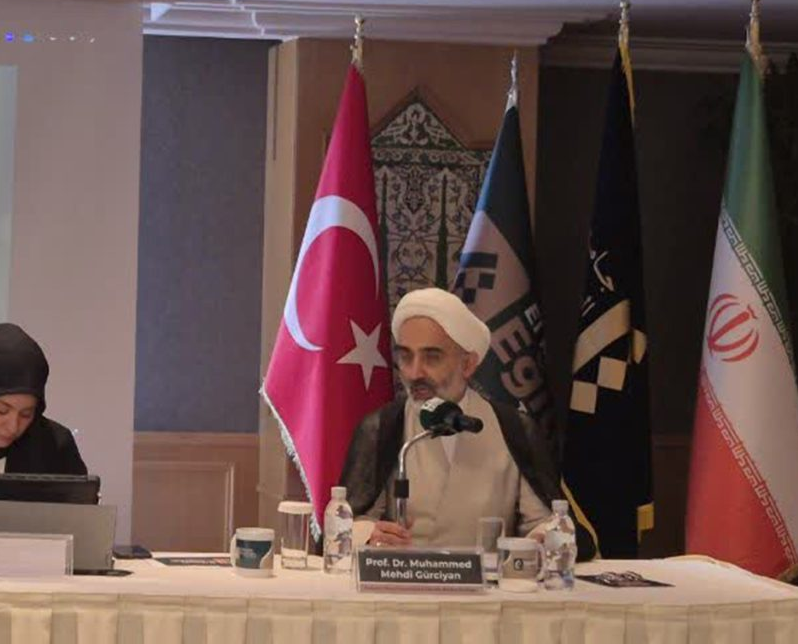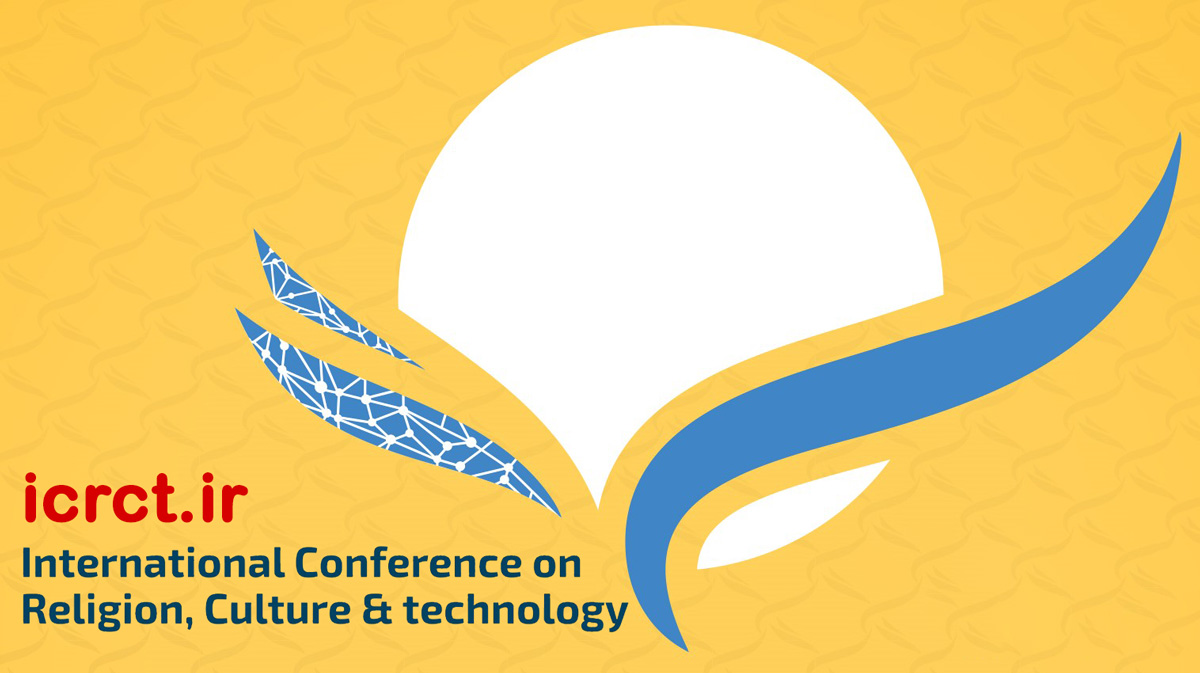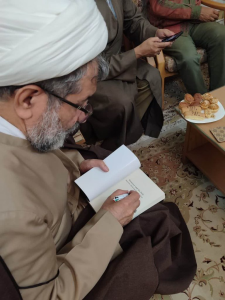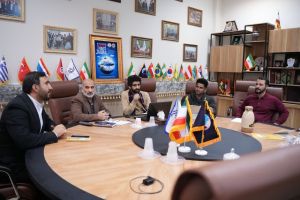
The third pre-session of the series of academic pre-sessions related to the “First International Conference on Eastern Human Rights” was held on the topic of structural critique of human rights.
As reported by the Public Relations Department of Baqir al-Olum University, this pre-session was hosted by Baqir al-Olum University in cooperation with the Islamic Culture and Communications Organization, both in-person and virtually.
At the beginning, Dr. Mohammad Hosseini, the scientific secretary of the session, initiated the main issue of the session by questioning the current state of human rights in the world and how it affects international relations.
In the continuation, Dr. Sajadipour, a professor at the Ministry of Foreign Affairs Faculty, as the presenter, presented a classification and divided the discussion into two parts: a) Divergent perceptions of human rights b) The existence of multiple actors in the field of human rights, including governments, non-governmental organizations, and individuals.
Sajadipour said: Although at the beginning, in 1947, the discourse of human rights began with the participation of several major Western governments, the continuation and extension of this idea did not remain in the monopoly of Western governments. Human rights gradually grew and developed and gained a hegemonic position in international relations, so that today we witness the activism of Eastern governments such as China, or some African and Latin American governments such as South Africa and Brazil in this regard.
He added: This shows that the discourse of human rights has found a more prominent place in international relations than before and has become an important part of the foreign policy of governments.
The professor of the Ministry of Foreign Affairs continued by noting: The most important area of human rights is related to the actors and activists in this field, which has always been specifically monopolized by governments, but this trend has grown in international relations in such a way that now individuals are also active in this field and even challenge governments, an example of which can be seen in the activism of students and non-governmental individuals in the United States regarding the Gaza war.
Sajadipour continued: The impact of non-governmental organizations in this regard cannot be ignored, as there are currently about twenty to thirty non-governmental organizations that report on various human rights issues.
In his analysis of the current state of human rights and the differences created in this period compared to 1947, he said: China, India, South Africa, and Latin American countries such as Brazil now even claim ownership in the field of human rights and are trying to play a dominant role in this area, and this shows that Western countries are not the only players in this field and are even losing ground, and a recent example of this is seen in Netanyahu’s recent speech at the United Nations, as he was confused and angry about the delegitimization of the Zionist regime by human rights institutions.
Sajadipour further explained: We cannot expect human rights to undergo a sudden transformation and a significant change in the enforcement of human rights, but since this process is also related to the understanding and demands of nations, it usually occurs in a time-consuming process, but we cannot be hopeless because some recent developments such as the resolution on racial discrimination by the UN Committee 3 and similar cases indicate that the outlook for human rights in the near future will be accompanied by significant changes.
In the continuation of the session, Hojjat-ul-Islam and Muslims Dr.Ranjqirr, a faculty member of Baqir al-Olum University, as a critic, criticized the current situation and the need to get out of this situation, saying: Current human rights, especially in the institutional and organizational order, have fallen into a double standard and are more used as a political tool, especially by some Western governments, than seeking to uphold the rights of nations.
He said: One of the most important challenges of the current situation is the presentation of specific legal and political interpretations of human rights events by some Western governments, especially the United States, which exempts the biggest violators of human rights from any accountability and punishment, and even paradoxically legitimizes genocide and organized crimes!
The faculty member of Baqir al-Olum University reminded: The need for reinterpretation in human rights is felt more than ever, and it is necessary for the voices of cultural diversity, the rights of disadvantaged nations, and even the idea of ancient great civilizations to be heard in this regard.
At the end of the session, Dr. Mohammad Setoudeh Aarani, the Dean of the Faculty of Historical, Political, and Regional Studies at Baqir al-Olum University, raised the question of whether the leftist discourse on human rights could also be taken seriously in the discourse on human rights. He then made some points about the Islamic discourse on human rights and its various aspects.
This session, as the third pre-session of the series of pre-sessions for the First International Conference on Eastern Human Rights, was held at 2 pm on Thursday, October 4th, in the Shahid Beheshti Hall of Baqir al-Olum University. The International Office of Baqir al-Olum University, in cooperation with the Philosophy of Law Scientific Association of this university, hosted this session.


















